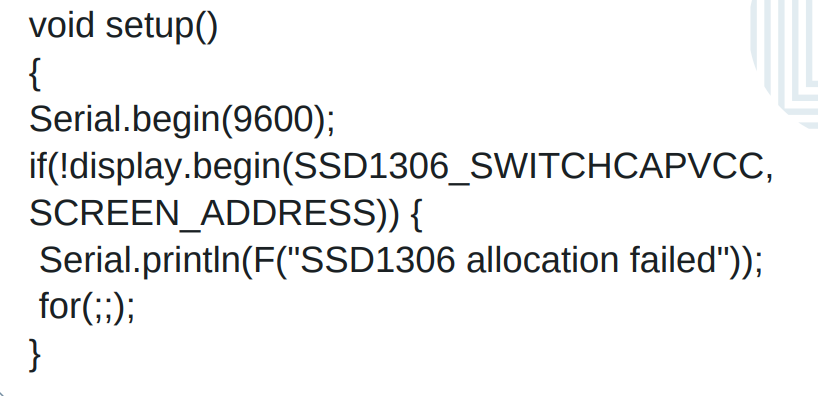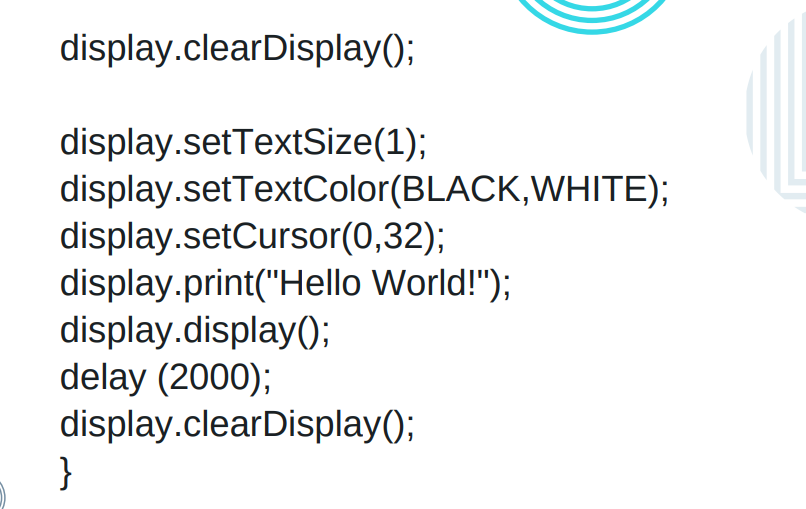Robotics (OLED)
1/35
There's no tags or description
Looks like no tags are added yet.
Name | Mastery | Learn | Test | Matching | Spaced |
|---|
No study sessions yet.
36 Terms
a type of screen technology that uses organic compounds to emit light when electricity is applied
Organic Light Emitting Diode (OLED)
Unlike traditional LCDs, OLEDs don’t need a ____ —each pixel lights up independently, which leads to stunning visuals and ultra-thin designs
Backlight
Two terminals of OLED:
Cathode
Anode
How many layers does OLED have?
7 layers
OLED makes use of what to light up?
Organic Compound (Carbon)
What kind of pixels does OLED have?
Self-emissive pixels
Advantages of OLED:
True Black
Vivid Colors
Fast Response Time
Wider Viewing Angles
Thinner and Lighter
Disadvantages of OLED:
Burn-in
Expensive
Shorter Lifespan
an optoelectronic phenomenon where electrical energy is directly converted into light
this happens inside a thin layer of organic compounds sandwiched between two electrodes
Electroluminescence
Layers of OLED:
Anode
Substrate
Hole Injection Layer
Hole Transport Layer
Emissive Layer
Electron Transport Layer
Cathode
Acts as the base—usually glass or flexible plastic —to support the entire OLED stack.
Substrate
Transparent layer (often indium tin oxide) that removes electrons, creating "holes."
ANODE
Moves the holes from the anode layer toward the emissivelayer
Hole Injection Layer and Hole Transport Layer
Where electrons and holes recombine to emit photons—this is the lightproducing zone
Emissive Layer
Carries electrons from the cathode to the emissive layer
Electron Transport Layer
Injects electrons into the device when voltage is applied
Cathode
Are a popular choice for use with Arduino microcontrollers due to their compact size, high contrast, and low power consumption
OLED
They are commonly used to display text, graphics, and even small images in various Arduino projects
OLED
What driver chip does OLED use?
SSD1306 driver chip
SSD 1306 is compatible with the following communications:
I²C (Inter-Integrated Circuit)
SPI (Serial Peripheral Interface)
a single-chip CMOS OLED driver with controller for organic/polymer light emitting diode dot-matrix graphic display system
SSD1306 CONTROLLER
SSD1306 CONTROLLER operates at what supply?
3.3V to 5V
How much Graphic Display Data Dram (GDDRAM) does SSD1306 CONTROLLER include?
1KB
1KB area is divided into:
8 pages/rows (0-7)
Each page has 128 columns and 64 Rows
OLED display uses I2C communication protocol, so wiring is very simple
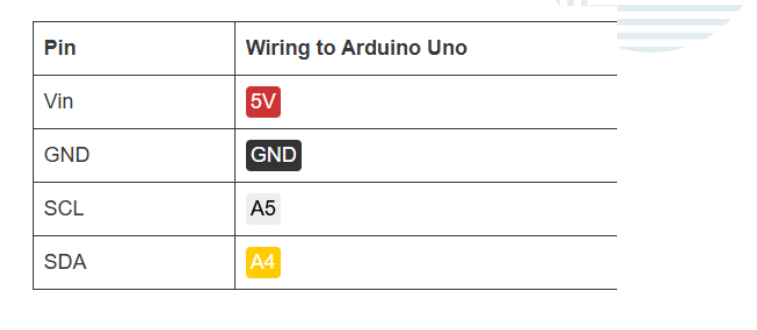
Syntax to be used:
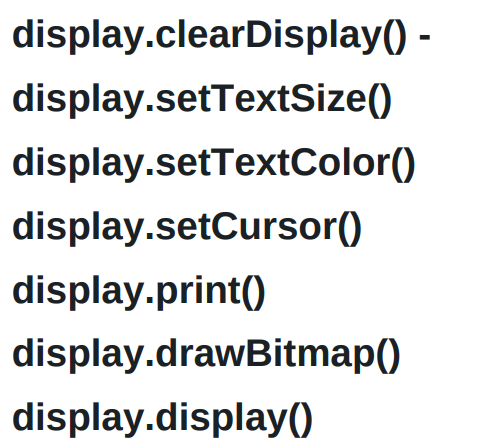
primarily used as the logical NOT operator within conditional statement
EXAMPLE: if (!(condition))
if (!JHENORPILLA(MALE))
{
Serial.println (“JHENORPILLA IS FEMALE”));
}
INVERT BOOLEAN (TRUE / FALSE)
is commonly used to define constants, making it easy to change values in one place and have those changes reflected throughout the code
EXAMPLE: #define Pi 3.1416
SYNTAX #define
use to place the text in specific location
column comes first before the row
setCursor (0,1)
SYNTAX setCursor
Step 1: Attach the OLED Library

TO ATTACH A LIBRARY IN ARDUINO IDE
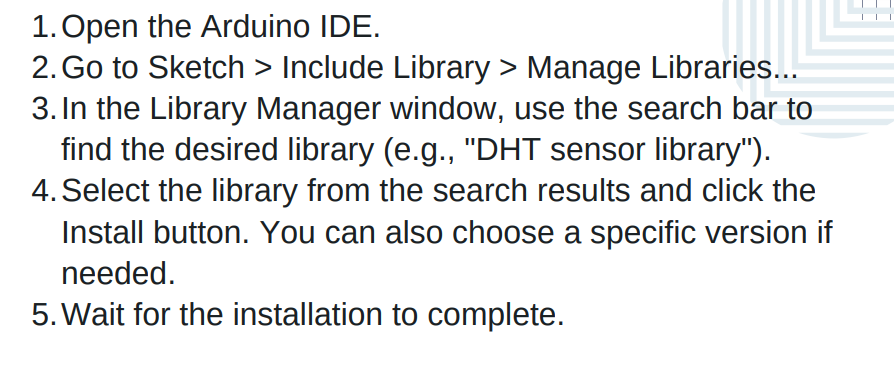
Step 2: Define the width, height, address and other important details of the OLED

Step 3.1 THE VOID SET UP
